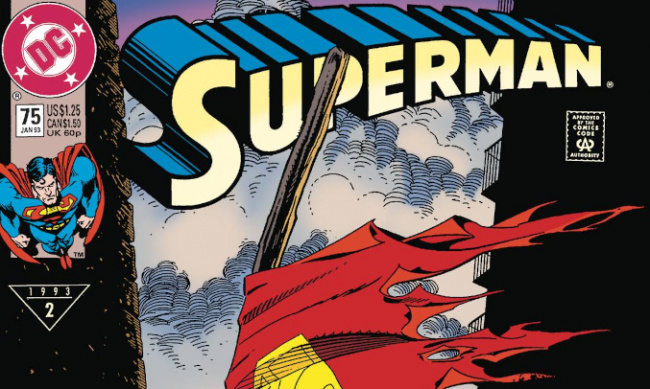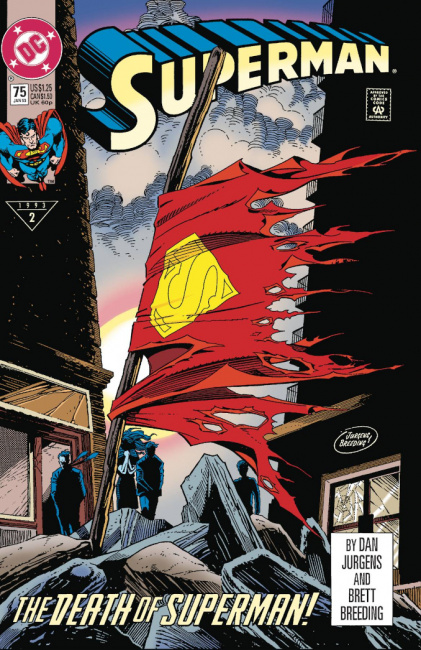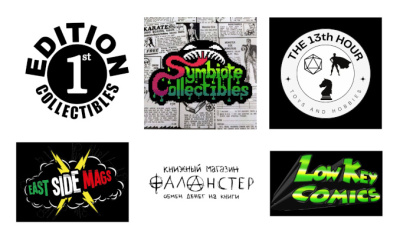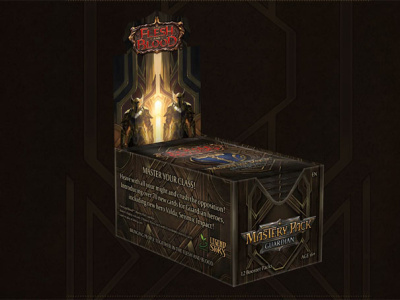Carlin, who was born in Brooklyn, graduated from New York’s High School of Art and Design and received a Bachelor of Fine Arts degree from the School for Visual Arts. Shortly after his graduation, in 1980, he went to work for Marvel as a writer for Crazy magazine and eventually became an Assistant Editor there. His Marvel writing work includes Captain America #301-306, Masters of the Universe #1-8, Ka-Zar the Savage #28-24, and several issues of Peter Porker, the Spectacular Spider-Ham.
In 1986, Carlin moved to DC, where he spent the remainder of his career. He edited the Superman titles, including the groundbreaking Death of Superman event (see “DC Plans ‘Death of Superman’ 30th Anniversary Special”) and was the Superman group editor and VP-Executive Editor DC Universe before stepping back into a Senior Group Editor role in 2003 (see “What Retailers Can Expect from DC Editorial Shake-Up”). He was also Creative Director and Director of Animation. While at DC, Carlin also wrote a number of comics, including Star Trek #41-47, Star Trek: The Next Generation #1-6, and a story that ran in Batman: Black and White #3.
In addition to writing and editing comics, Carlin was also a character, not once but three times: He donned the Watcher’s costume to introduce the backup story in Captain America #289; he appeared in The Batman Adventures #20 as Mastermind, one of an ambitious but hapless trio of villains that also included the Perfesser (based on Dennis O’Neill) and Mr. Nice (based on Archie Goodwin); and he came face to face with Mr. Mxyzptlk in Superman: The Man of Steel# 75, which was a parody of Death of Superman.
The Eisner Awards recognized Carlin’s work with the Best Editor Award in 1994, and he was also nominated in 1992. He also received the Inkpot Award in 1994.









